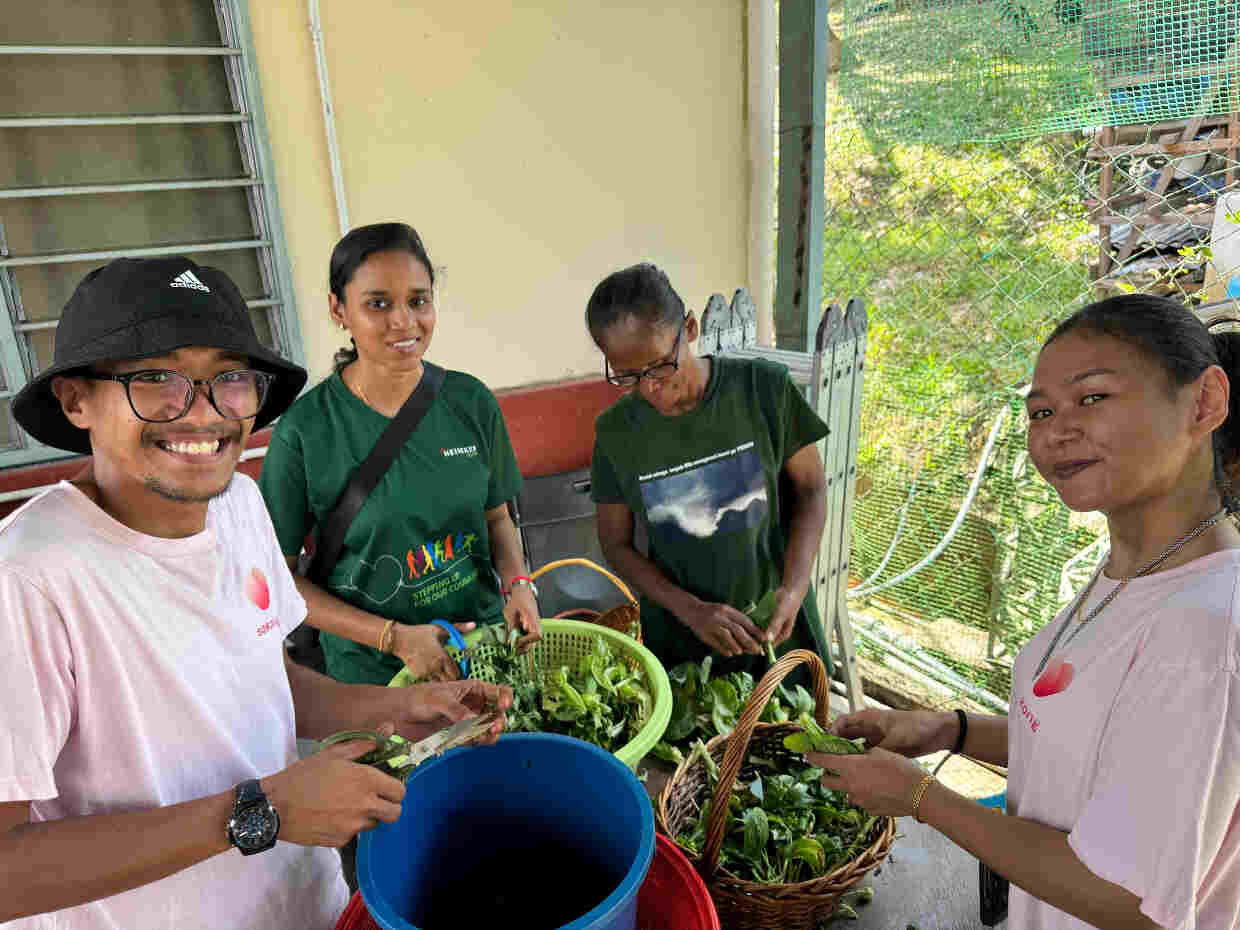The Selangor state government has directed the Petaling Jaya City Council (MBPJ) to issue a stop-work order on the developer of a condominium in PJS 1 here, thus halting the scheduled demolition of two longhouses tomorrow.
The stop-work order will be issued on developer Peter’s Brickworks Sdn Bhd, effective on Monday, May 30 until issues such as the relocation of the longhouse residents and a proposed school are resolved.
The issues above, as well as the flooding of the residential areas, have not been sorted out since 2003.
“We need to carefully consider all the issues involved so that a comprehensive solution can be achieved,” said Menteri Besar, Khalid Ibrahim, in a statement issued today.
The decision was made two days after a group of 30 residents held a demonstration at the Selangor government secretariat to demand the intervention of the state in their plight.
How it all happened
The longhouse residents, who are the former urban settlers of Kampung Muniandi, have been temporarily placed at the longhouses since 2003, while they awaited low-cost flats to be built for them. Peter’s Brickworks had promised to provide them each a low-cost flat as part of its purchase of the land of Kampung Muniandy.
The developer then completed all the blocks of low-cost flats, except for Block E, whose purchasers were left in a lurch due to a court injunction obtained by nearby bungalow residents, who objected to the high-rise building.
The present Selangor government, which came into picture in 2008, had then ordered Peter’s Brickworks to build Block E on another plot of land, away from the bungalows, but where the longhouses of the affected Block E purchasers are now located.
The Block E purchasers have since been asked to move out of their longhouses to low-cost flats in Lembah Subang so that Block E can be built where the longhouses are now located.
In a concurrent and complicating matter, the developer obtained a court order to demolish two of the longhouses which are located where it wants to build school in view of soaring populations. The residents of these two longhouses had been given until May 30 to vacate their homes.
Khalid said that the predicament of the former Kampung Muniandy residents has arisen from the zero-squatter policy by the previous state government, which had failed to consider the issue of squatters holistically.
“Just building longhouses will not solve the problem. They are meant only as temporary accommodation,” he said.
He added that the state government would ensure squatter issues are resolved amicably and benefits all parties, including those of low-income and that the longhouse residents received the affordable housing they were promised.
Balanced development to reconcile economic and social benefits
“We acknowledge the role of private sector projects to the economy. At the same time we will balance economic interests with the interests of the people, “said Khalid.
Khalid also directed MBPJ to study the feasibility of an affordable housing scheme which involves four acres of land in PJS1 for the urban settlers.
He said the four acres, part of which is occupied by the longhouse residents now, was originally gazetted for a school for the residents, but the Federal Government had instead built another school on it.
Hence, he will write to the Land and Mines Department director for assistance.
The state government will also try to find new sites for the school to built for the needs more than 40,000 local residents.
To overcome the flooding problem, MBPJ will improve the irrigation and drainage system at the longhouses and hopes PJS1 residents and local leaders gave their full cooperation to facilitate the work.












